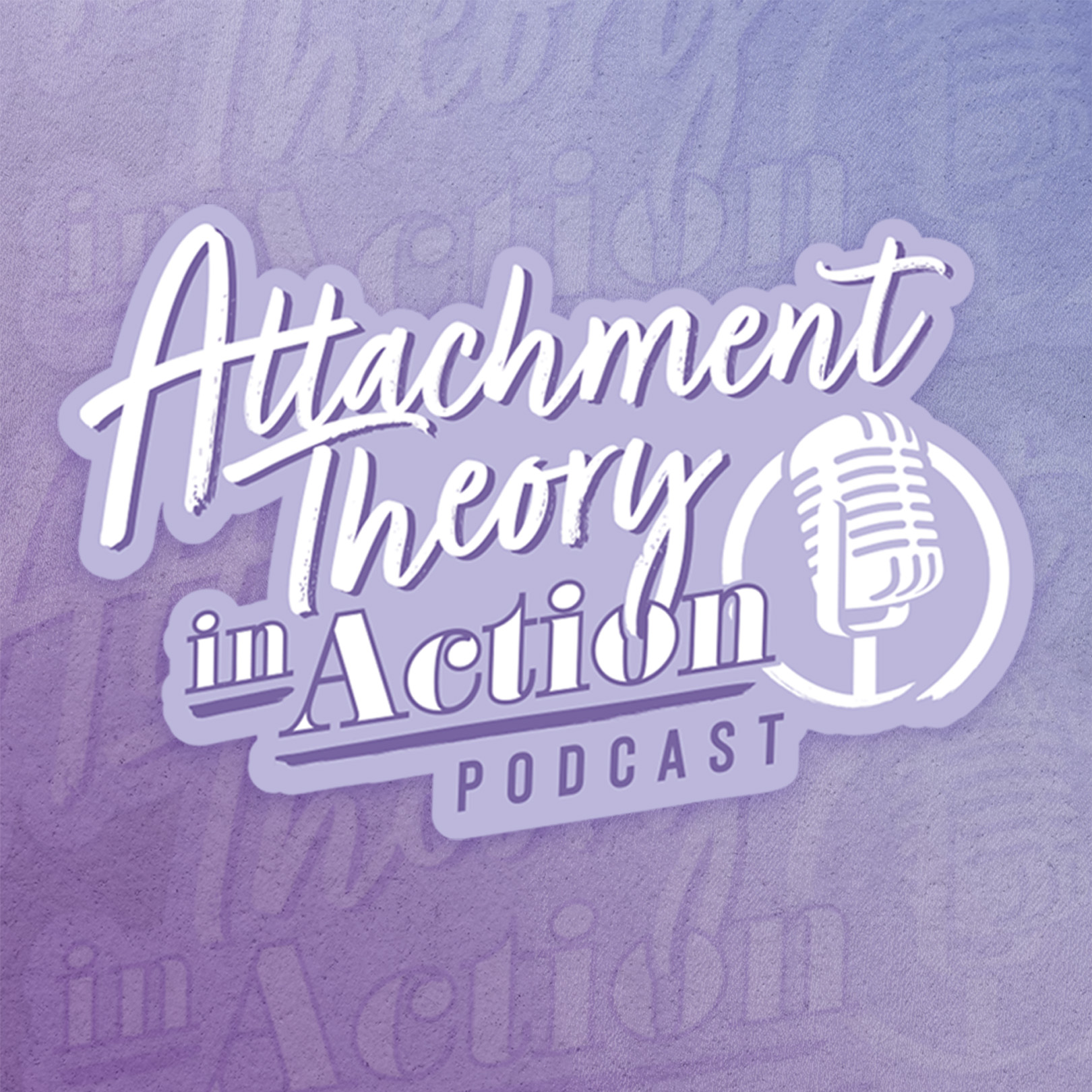
If you work with kids, families, or clients impacted by trauma, you’re in the right place.
The Attachment Theory in Action Podcast is your go-to podcast for real conversations about trauma, attachment, and making a meaningful difference in the lives of those you serve.
Every other week, host Kirsty Nolan sits down with experts in attachment, trauma, and child development to talk about the stuff that really matters—how trauma shapes behavior and development, how to build stronger relationships, and how to bring these insights into your daily work.
Looking for practical tips you can actually use? Wondering how to better support your clients? Curious about the latest research in attachment and trauma? We’ve got you covered.
With nearly 2 million downloads, over 300 episodes, and a loyal community of listeners, the Attachment Theory in Action Podcast helps professionals like you grow and learn—all in under an hour, every other week.
Whether you’re a therapist, counselor, social worker, parent, or simply someone who cares deeply about helping others, this is a space for learning, growth, and inspiration. Hit follow, and let’s dive into the work that changes lives.
The Attachment Theory in Action Podcast is brought to you by Chaddock. Chaddock equips thousands of educators, clinicians, and helping professionals on the latest trauma-informed, attachment based strategies. Visit www.Chaddock.org/learn to learn more.
Want to jump behind the mic and share your expertise? Visit AttachmentTheoryInAction.com to fill out our form to be a guest.
If you work with kids, families, or clients impacted by trauma, you’re in the right place.
The Attachment Theory in Action Podcast is your go-to podcast for real conversations about trauma, attachment, and making a meaningful difference in the lives of those you serve.
Every other week, host Kirsty Nolan sits down with experts in attachment, trauma, and child development to talk about the stuff that really matters—how trauma shapes behavior and development, how to build stronger relationships, and how to bring these insights into your daily work.
Looking for practical tips you can actually use? Wondering how to better support your clients? Curious about the latest research in attachment and trauma? We’ve got you covered.
With nearly 2 million downloads, over 300 episodes, and a loyal community of listeners, the Attachment Theory in Action Podcast helps professionals like you grow and learn—all in under an hour, every other week.
Whether you’re a therapist, counselor, social worker, parent, or simply someone who cares deeply about helping others, this is a space for learning, growth, and inspiration. Hit follow, and let’s dive into the work that changes lives.
The Attachment Theory in Action Podcast is brought to you by Chaddock. Chaddock equips thousands of educators, clinicians, and helping professionals on the latest trauma-informed, attachment based strategies. Visit www.Chaddock.org/learn to learn more.
Want to jump behind the mic and share your expertise? Visit AttachmentTheoryInAction.com to fill out our form to be a guest.
Episodes
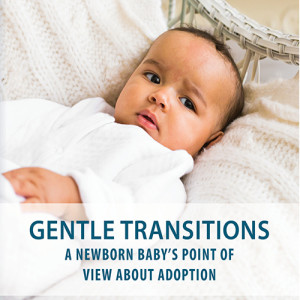
Tuesday Dec 17, 2019
Conversations with Michael Trout: A Newborn Baby's Point of View About Adoption
Tuesday Dec 17, 2019
Tuesday Dec 17, 2019
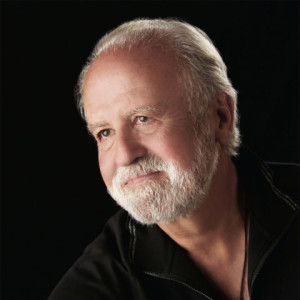
Tuesday Dec 10, 2019
Tuesday Dec 10, 2019

Tuesday Dec 03, 2019
Tuesday Dec 03, 2019
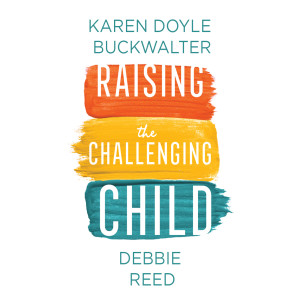
Tuesday Nov 26, 2019
Debbie Reed & Karen Buckwalter: Raising the Challenging Child - Part 2
Tuesday Nov 26, 2019
Tuesday Nov 26, 2019
Guest host Josh Carlson welcomes Karen Buckwalter and Chaddock president & CEO Debbie Reed to the podcast to discuss Raising The Challenging Child, the new book Karen and Debbie co-authored to be released on January 7th, 2020, now available for pre-order at raisingthechallengingchild.com. This is part two of their conversation.
Debbie Reed is president and CEO of Chaddock. She has also played a leadership role in child- and family-serving organizations at the state and national levels, including the Illinois Department of Children and Family Services' Child Welfare Advisory Committee, the CEO council of the Alliance for Strong Families and Communities, and the national board of the United Methodist Association of Health and Welfare Ministries.
Karen Doyle Buckwalter, MSW, LCSW, as you know, is director of program strategy at Chaddock in Quincy, Illinois. She serves on the board of directors' advisory board of the Theraplay® Institute in Chicago and has trained and consulted at family behavioral health organizations and youth foster care centers in the US, the UK, Australia, Denmark, and beyond.
Building on their work at Chaddock, a nonprofit organization that has worked with some of the most challenging kids in the nation for more than 150 years, the authors empower frustrated parents with practical tips. The strategies they share work both for the child who is going through a difficult phase brought on by life disruption or trauma, and for the child who faces chronic struggles. Parents, teachers, and those who work with children and youth will find positive, practical steps they can start taking today in order to understand and address the baffling behavior of the child under their care.

Tuesday Nov 19, 2019
Debbie Reed & Karen Buckwalter: Raising The Challenging Child - Part 1
Tuesday Nov 19, 2019
Tuesday Nov 19, 2019
Guest host Josh Carlson welcomes Karen Buckwalter and Chaddock president & CEO Debbie Reed to the podcast to discuss Raising The Challenging Child, the new book Karen and Debbie co-authored to be released on January 7th, 2020, now available for pre-order at raisingthechallengingchild.com. This is part one of their conversation, part 2 will be released on Tuesday, November 26th.
Debbie Reed is president and CEO of Chaddock. She has also played a leadership role in child- and family-serving organizations at the state and national levels, including the Illinois Department of Children and Family Services' Child Welfare Advisory Committee, the CEO council of the Alliance for Strong Families and Communities, and the national board of the United Methodist Association of Health and Welfare Ministries.
Karen Doyle Buckwalter, MSW, LCSW, as you know, is director of program strategy at Chaddock in Quincy, Illinois. She serves on the board of directors' advisory board of the Theraplay® Institute in Chicago and has trained and consulted at family behavioral health organizations and youth foster care centers in the US, the UK, Australia, Denmark, and beyond.
Building on their work at Chaddock, a nonprofit organization that has worked with some of the most challenging kids in the nation for more than 150 years, the authors empower frustrated parents with practical tips. The strategies they share work both for the child who is going through a difficult phase brought on by life disruption or trauma, and for the child who faces chronic struggles. Parents, teachers, and those who work with children and youth will find positive, practical steps they can start taking today in order to understand and address the baffling behavior of the child under their care.
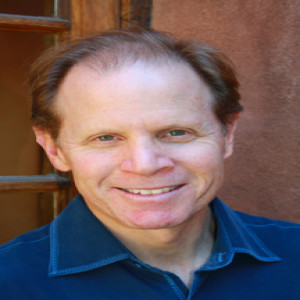
Tuesday Nov 12, 2019
Tuesday Nov 12, 2019
In the latest episode, Karen welcomes Dr. Dan Siegel himself for part two of their conversation on how our attachment history impacts our current relationships.
Dr. Dan Siegel is a clinical professor of psychiatry at the UCLA School of Medicine and the founding co-director of the Mindful Awareness Research Center at UCLA. An award-winning educator, he is a Distinguished Fellow of the American Psychiatric Association and recipient of several honorary fellowships. Dr. Siegel is also the Executive Director of the Mindsight Institute.
Dr. Siegel has written or co-written several books, including the three New York Times bestsellers Brainstorm: The Power and Purpose of the Teenage Brain, The Whole-Brain Child: 12 Revolutionary Strategies to Nurture Your Child's Developing Mind and No-Drama Discipline: The Whole-Brain Way to Calm the Chaos and Nurture Your Child's Developing Mind, both with Tina Payne Bryson, Ph.D., The Yes Brain: How to Cultivate Courage, Curiosity, and Resilience in Your Child in 2018, also with Tina Payne Bryson, Ph.D., and Parenting from the Inside Out: How a Deeper Self-Understanding Can Help You Raise Children Who Thrive with Mary Hartzell, M.Ed, as well as 2010's Mindsight: The New Science of Personal Transformation.

Tuesday Nov 05, 2019
Tuesday Nov 05, 2019
It's the landmark 100th episode of the Attachment Theory in Action Podcast!
For her 100th episode, Karen welcomes Dr. Dan Siegel himself for part one of their conversation on how our attachment history impacts our current relationships. Part two will be released Tuesday, November 12th, at noon Eastern.
Dr. Dan Siegel is a clinical professor of psychiatry at the UCLA School of Medicine and the founding co-director of the Mindful Awareness Research Center at UCLA. An award-winning educator, he is a Distinguished Fellow of the American Psychiatric Association and recipient of several honorary fellowships. Dr. Siegel is also the Executive Director of the Mindsight Institute.
Dr. Siegel has written or co-written several books, including the three New York Times bestsellers Brainstorm: The Power and Purpose of the Teenage Brain, The Whole-Brain Child: 12 Revolutionary Strategies to Nurture Your Child's Developing Mind and No-Drama Discipline: The Whole-Brain Way to Calm the Chaos and Nurture Your Child's Developing Mind, both with Tina Payne Bryson, Ph.D., The Yes Brain: How to Cultivate Courage, Curiosity, and Resilience in Your Child in 2018, also with Tina Payne Bryson, Ph.D., and Parenting from the Inside Out: How a Deeper Self-Understanding Can Help You Raise Children Who Thrive with Mary Hartzell, M.Ed, as well as 2010's Mindsight: The New Science of Personal Transformation.
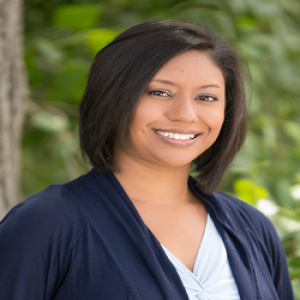
Tuesday Oct 29, 2019
Tuesday Oct 29, 2019
Karen welcomes Dr. Chaitra Wirta-Leiker for part one of their conversation on the impact of race and culture on attachment security. Part two will be released Tuesday, October 29th at noon Eastern.
Dr. Chaitra Wirta-Leiker has worked in the mental health field for over a decade, and is currently a licensed psychologist in Colorado. Dr. Wirta-Leiker carefully and thoughtfully chose “Beyond Words” as the name of her practice because she believed therapeutic relationships our built on a foundation of trust and collaboration that goes beyond language to a place of genuine understanding.
Dr. Wirta-Leiker currently sits on the Colorado Post-Adoption Resource Center’s (COPARC) Advisory Board and Heritage Camp for Adoptive Families (HCAF) Adult Adoptee Advisory Board. She has professional training in individual, family, and group counseling, specialized trauma therapy (EMDR I & II: Eye Movement Desensitization Reprocessing), play therapy, TBRI techniques, Theraplay techniques, parent education, and psychological assessment. She received her Doctoral degree in Counseling Psychology (Psy.D.) from the University of Northern Colorado in Greeley, Colorado; Master’s degree in Clinical Psychology (M.A.) from Spalding University in Louisville, Kentucky; and Bachelor’s degree in Psychology (B.S.) from Colorado State University in Fort Collins, Colorado.

Tuesday Oct 22, 2019
Tuesday Oct 22, 2019
Karen welcomes Dr. Chaitra Wirta-Leiker for part one of their conversation on the impact of race and culture on attachment security. Part two will be released Tuesday, October 29th at noon Eastern.
Dr. Chaitra Wirta-Leiker has worked in the mental health field for over a decade, and is currently a licensed psychologist in Colorado. Dr. Wirta-Leiker carefully and thoughtfully chose “Beyond Words” as the name of her practice because she believed therapeutic relationships our built on a foundation of trust and collaboration that goes beyond language to a place of genuine understanding.
Dr. Wirta-Leiker currently sits on the Colorado Post-Adoption Resource Center’s (COPARC) Advisory Board and Heritage Camp for Adoptive Families (HCAF) Adult Adoptee Advisory Board. She has professional training in individual, family, and group counseling, specialized trauma therapy (EMDR I & II: Eye Movement Desensitization Reprocessing), play therapy, TBRI techniques, Theraplay techniques, parent education, and psychological assessment. She received her Doctoral degree in Counseling Psychology (Psy.D.) from the University of Northern Colorado in Greeley, Colorado; Master’s degree in Clinical Psychology (M.A.) from Spalding University in Louisville, Kentucky; and Bachelor’s degree in Psychology (B.S.) from Colorado State University in Fort Collins, Colorado.
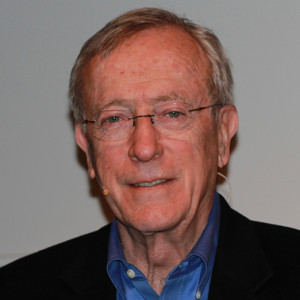
Tuesday Oct 15, 2019
Tuesday Oct 15, 2019
Karen and Dr. Robert S. Marvin wrap up their two-part conversation on research and clinical applications of attachment theory.
Dr. Bob Marvin was an undergraduate student and research associate with Mary D. Ainsworth at The Johns Hopkins University. He received his Ph.D. in developmental and clinical psychology from the University of Chicago in 1972. After completing a postdoctoral fellowship at the Institute of Child Development, University of Minnesota he began teaching at the University of Virginia, where he is currently Professor Emeritus in the School of Medicine and Research Professor in the Department of Psychology. He is also Director of the Mary D. Ainsworth Child-Parent Attachment Clinic in Charlottesville, Virginia. From 1998-2006, Bob was the Principal Investigator on federally-funded projects that developed and tested the Circle of Security® version of Attachment Theory, and The Circle of Security® Intervention protocol.
